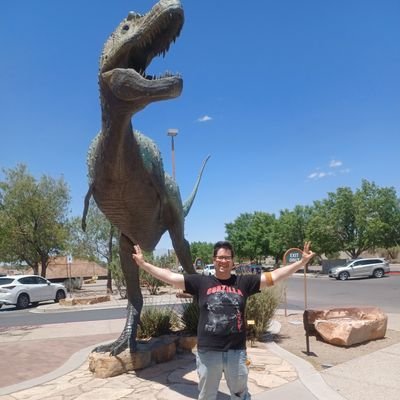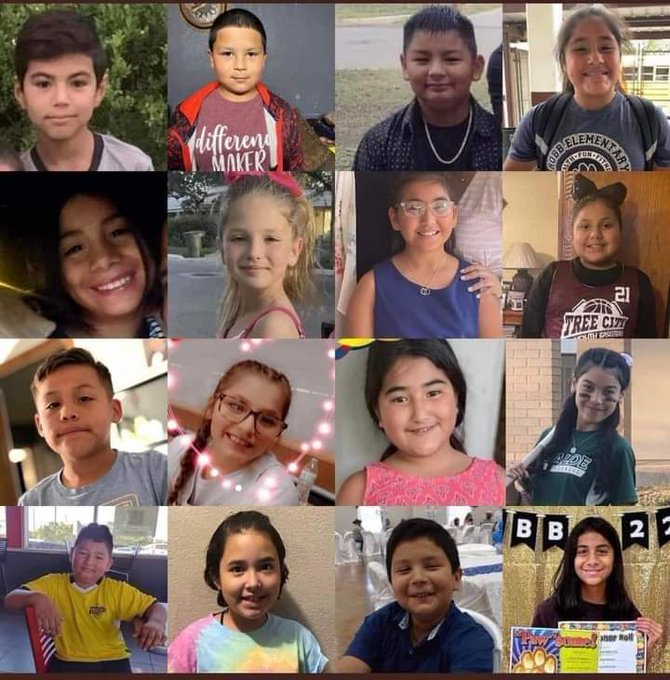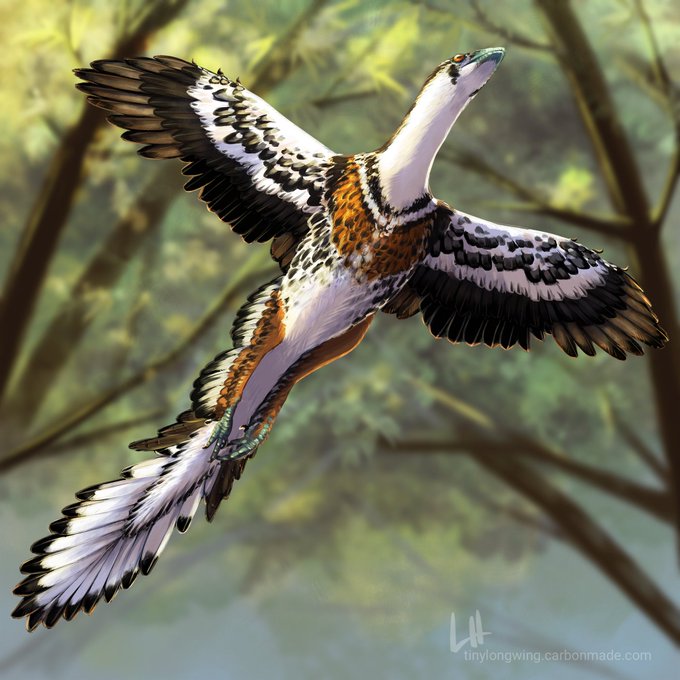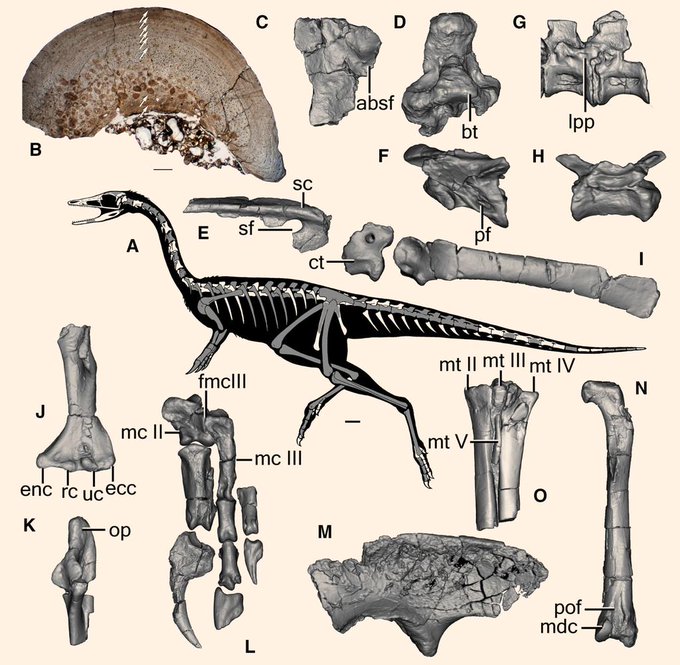First image is a fantastic illustration by the talented artist @SerpenIllus. Long ago in central America, a pair of Barylambda are browsing the area for soft vegetation. At first glance Barylambda probably resembles a large ground sloth. It actually is a member of an extinct
First image is a spectacular illustration by the talented artist @CorbinRainbolt. Long ago in ancient Egypt, during the late Eocene, a pair of Arsinoitherium zitteli emerge into a clearing within a dense rainforest. Arsinoitherium may look rhinoceros-like thanks to the
First image is a wonderful illustration by the talented artist @playerDNG. Long ago in the ancient wetlands of Spain, during the Early Cretaceous. A Concavenator corcovatus warns off another of it's kind from some remains of an unknown dinosaur. Indeed Concavenator is different
cervical vertebra (Cv 13) of Austroposeidon magnificus gen. et sp. nov. (A) In left lateral, (B) right lateral, (C) dorsal and (D) ventral views. Abbreviations: cpol, centropostzygapophyseal lamina; mec, medial crest; pcdl, posterior centrodiapophyseal; podl, postzygodiapophyseal
First image is a wonderful illustration by Sergey Krasovskiy. A fascinating new ceratopsid dinosaur from my home state of New Mexico, Bisticeratops froeseorum (means, "Wilderness horned face"), from the Late Cretaceous Period, Campanian Age 74 MYA (Farmington Member of the
First image is a spectacular illustration by the very talented artist @DinoHaghani. Long ago on a nice afternoon in England, during the Early Jurassic Period, a pair of Scelidosaurus harrisonii are enjoying some quiet foraging. The genus of Scelidosaurus was named and described
First image is a fantastic illustration by the very talented artist @SerpenIllus. A look into the largest known ornithomimid, Gallimimus bullatus. The remains of this famous dinosaur were first found between the years 1963 and 1965. The holotype specimen IGM 100/11, was named in
Again people? Seriously if thoughts and prayers actually worked, we would be seeing things like this far less! 😢
First image is a very impressive illustration, by the talented artist @tinylongwing. Long ago in the ancient world of Germany, during the Late Jurassic Period. On a nice cool morning an Archaeopteryx glides through a ginkgo woodland. Let's look at an old classic, this genus of
is the skeletal anatomy of Bannykus wulatensis: (A) skeletal silhouette showing preserved bones (in gray); (B) histological thin-section of the fibula; (C) left frontal in dorsal view; (D) basioccipital in ventral view; (E) left surangular in lateral view; (F-H) vertebrae in left















